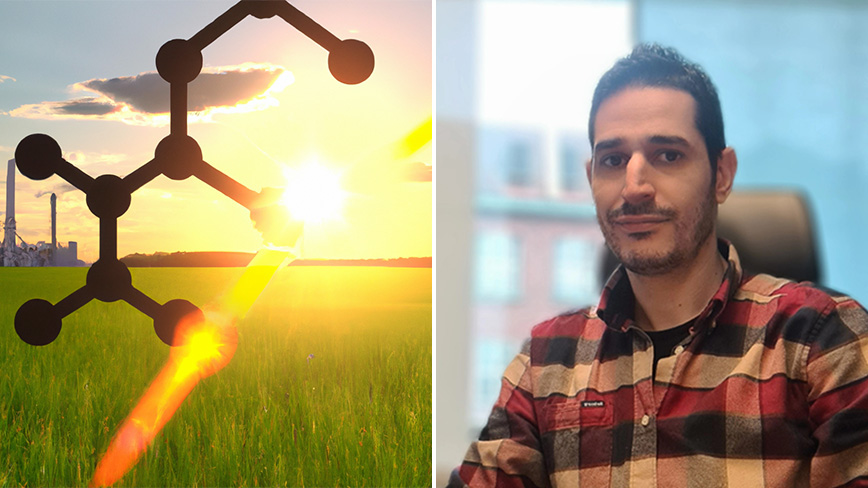KTH-led project develops next-generation biorefineries

Researchers from KTH and Lund University will develop an integrated alcohol biorefinery for the production of industrially important chemicals (IIC) and energy carriers from Swedish biomass.
“In short, the project aims to produce specialty chemicals of high added value and energy carriers from bioethanol using common production routes, i.e. synthesis routes that can utilize the same intermediate products thus enabling the production of a plethora of different chemicals,” says Efthymios Kantarelis, Associate Professor at the Department of Chemical Engineering at KTH.
The research project “Creative Construction of Defossilized Value Chains” (CROSS), has a total budget of SEK 9.4 million and it is financed by the Swedish Energy Agency within the research program Bio+. CROSS started in November 2022 and will finish in December 2025.
“From KTH’s side, the Chemical Engineering department is participating and managing the project. Professor Lars J. Petersson, PhD student Maria Soledad Chino Mamani and I are currently involved in the project while in the future a postdoc will also be employed,” says Efthymios Kantarelis.
Sustainable treatment of biomass
A biorefinery is an integrated process that allows the sustainable treatment of biomass into a spectrum of bio-based products (chemicals, materials) and bioenergy (biofuels), power and/or heat.
The CROSS project aims at developing an integrated alcohol biorefinery with common production routes for IIC and energy carriers, thus providing improved economies of scale and a holistic solution for decarbonizing Sweden. More specifically, debottlenecking of the routes for production of C4+ products and utilization of byproducts from ethanol production is of focus.
The long-term goal is to design a modular, biorefinery with the expected CO2 savings ranging between 70 and 75 ktpa. The project will be a steppingstone for next generation biorefineries, which will enable distributed sustainable solutions creating new value chains.
Text: Jon Lindhe
For more information, please contact Efthymios Kantarelis at ekan@kth.se.
